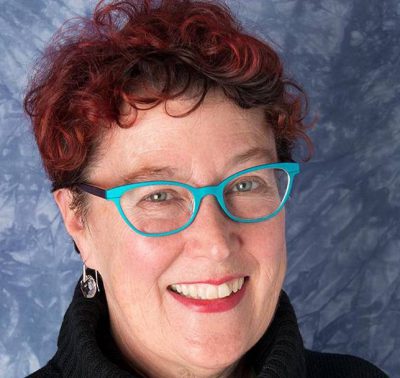"For Breakthroughs in Slowing Aging, Scientists Must Look Beyond Biology" - Neuroscience News. 02/23/2021
Exciting biological discoveries about rate of aging in non-human species are sometimes not applicable or lost when we apply them to humans. Including behavioral and social research can support translation of geroscience findings from animal models to benefit humans, said Terrie Moffitt, Professor of Psychology and Neuroscience and Duke Center for Population Health and Aging scholar.
“The move from slowing fundamental processes of aging in laboratory animals to slowing aging in humans will not be as simple as prescribing a pill and watching it work,” Moffitt said. “Compared to aging in laboratory animals, human aging has many behavioral/social in addition to cellular origins and influences. These influences include potential intervention targets that are uniquely human, and therefore are not easily investigated in animal research.”

